As soon as I was old enough to know what a horse was, I was infatuated. I clung to every stride of Zenyatta's black legs and watched in awe as Lisa and Louie glided around the barrels effortlessly. I knew every horse on the ride home and categorized each pasture by quantity, breed, gender, and height. I was unable to have horses for most of my childhood, but I was allowed to take riding lessons. Now that I'm older, I have two wonderful mares and years of riding experience. I've learned so much about horse care and the sport of rodeo, but more than anything, riding has helped me navigate life. So, here are ten life lessons I've learned in the saddle.
1. Never blame others for your own shortcomings.
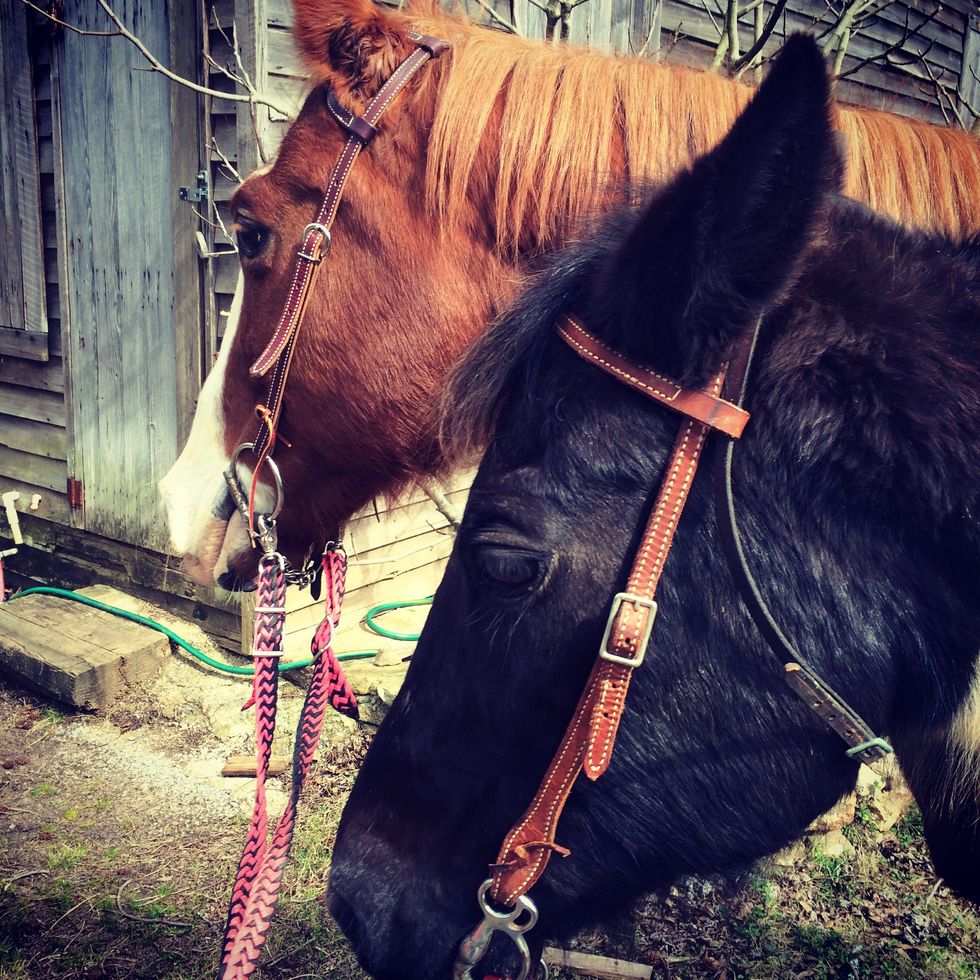
PinkFloyd and Callie
Molly Joiner
When lessons began to become more advanced, I began having trouble mastering specific maneuvers and skills. I wanted to blame my lesson horse. I would say things like, "If he'd just act right, I could do it." or "His stride is too jagged, I can't follow his rhythm." My trainer never accepted such excuses. She never backed down, pushed me to improve, and demanded excellence. She was adamant that it's never the horses fault. If you fall off, you should've sat deeper in the saddle. If you can't sit his trot, you aren't doing enough to strengthen your own muscles. If you can't
2. Actions have consequences.
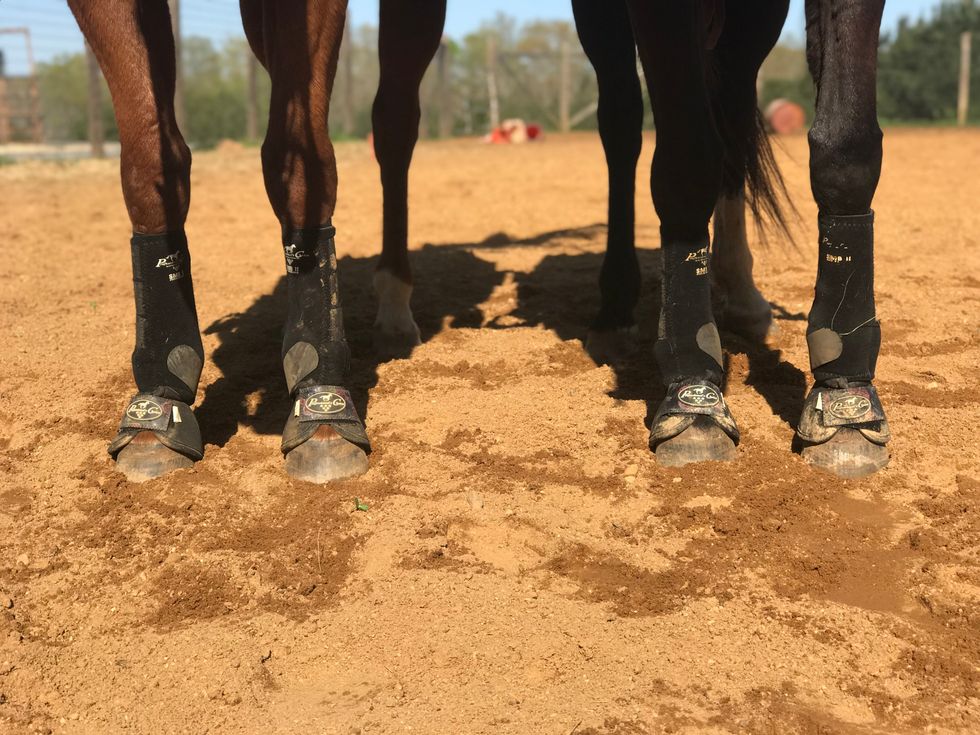
Magic and Rebel
Molly Joiner
This lesson is often heard, but not understood in today's society, but with horseback riding, there is no room for misinterpretation. If you ride a horse incorrectly, you will fall off or create bad habits for the horse, or both. If you forget to lock a gate, your horses will escape. If you neglect to turn off the hose, you will have a hefty bill to pay at the end of the month. The same is true in life. If you miss a deadline, you will be reprimanded for it.
3. Actions speak louder than words.
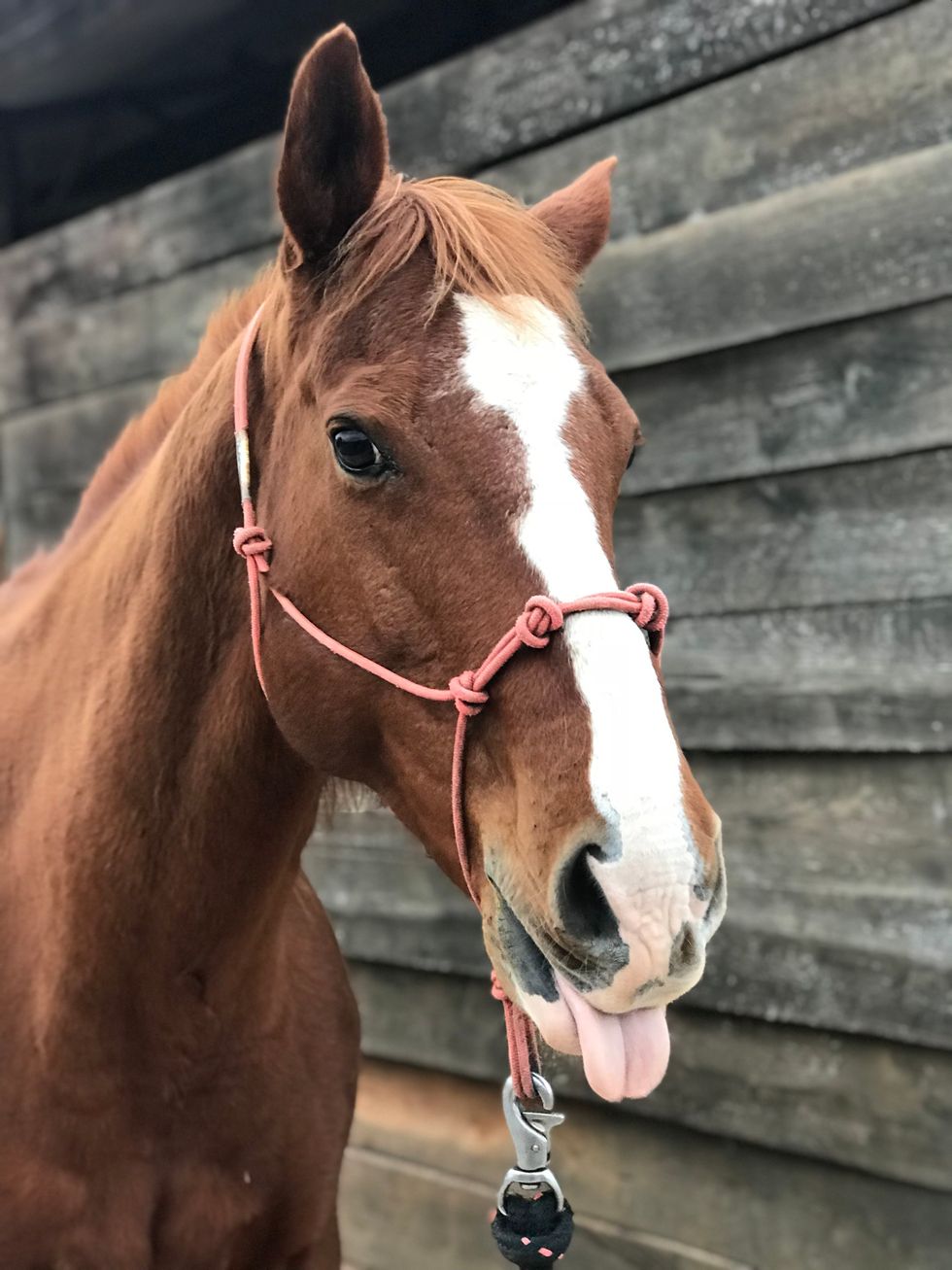
Molly Joiner
Horses do make noise, and often these noises are glorified in movies and literature, but anyone who has been around horses for an extended period of time knows body language is the language of the horse. By the slightest droop of the lips or flattening of the ears ,we can decipher a horse's entire mood. By carrying my body a certain way, I can portray aggression or friendship. The expression on my face can cause uneasiness or a sense of calm for my horse. It's the same in the human realm. How I act around others is just as important as what I say. How I choose to communicate, how I choose to carry myself, and how I decided to make others feel is all up to me, and I must close to be considerate.
4.Non nobis solum.
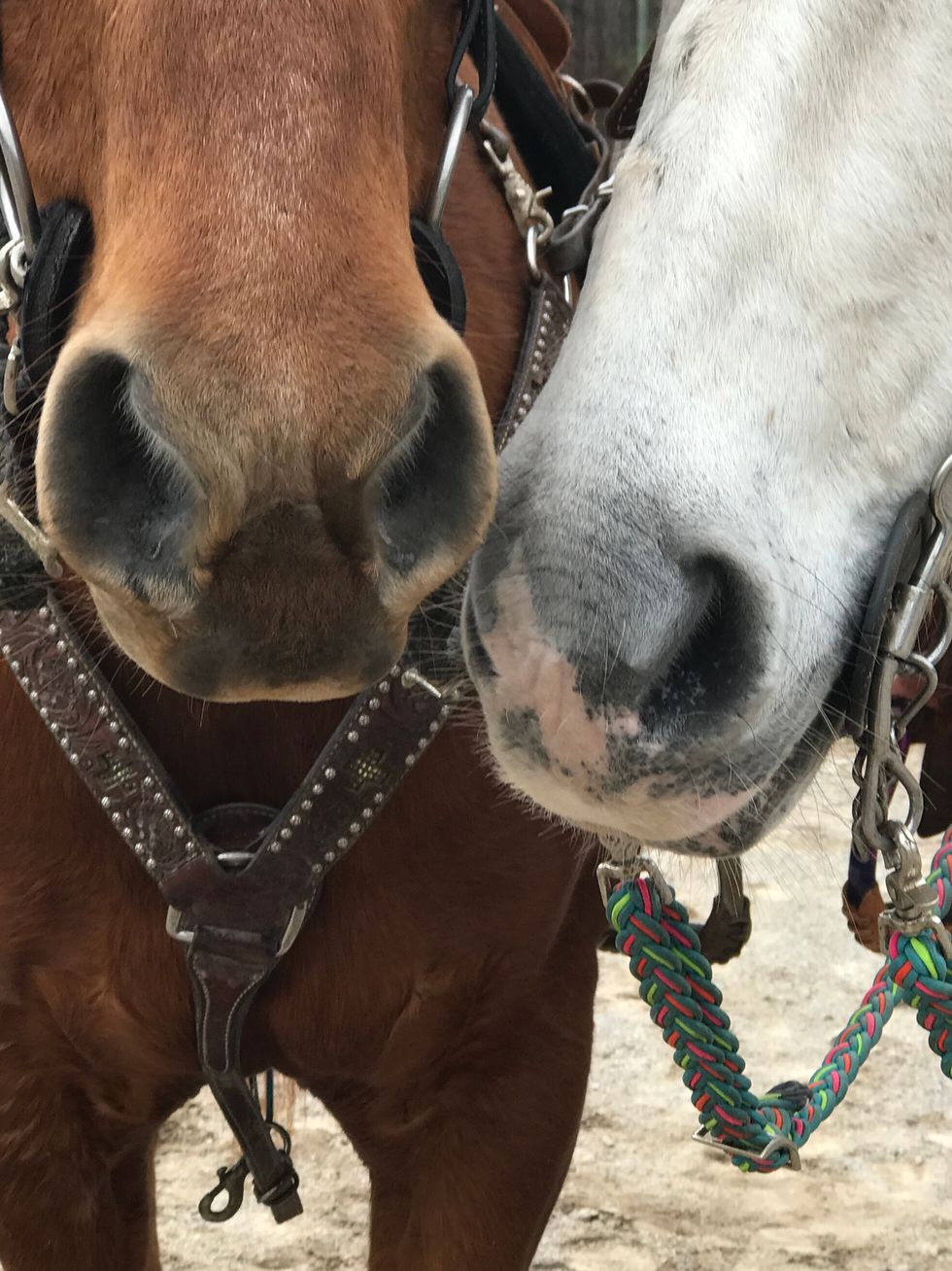
Molly Joiner
The Latin motto "Non nobis solum" roughly translated "we are not born for ourselves alone" rings true in life and in the world of horses. Horses' lives depend on our actions. You choose to feed them, you choose to provide shelter and medical care, and you can choose to withhold any of these basic necessities. Horses are, to an extent, helpless animals, and you must support them, and be aware of their needs, mentally and physically. On a grander scale, non nobis solum rings true in daily life. Your actions affect those around you. Your words have the power to hurt or heal, and your actions have the power to uplift those around you.
5. Quiet hands make soft mouths.
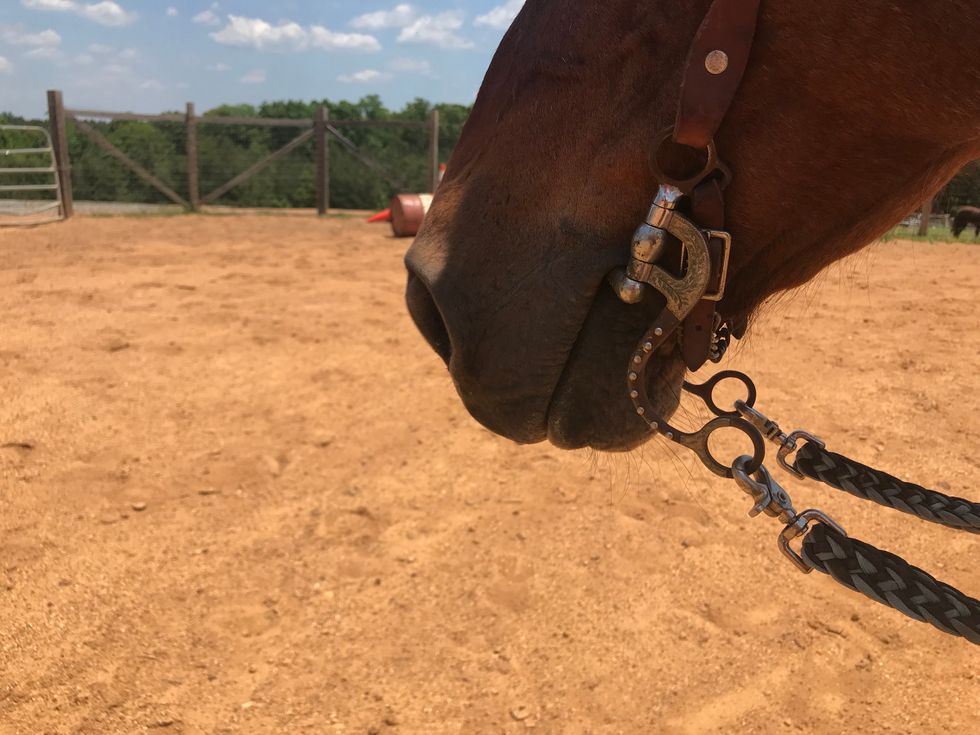
Molly Joiner
Any self-respecting rider will tell you quiet hands are a crucial part of riding. Quiet hands are not distracting to your horse, and provide a more comfortable environment for your horse. There is no need for a hard-handed rider, and similarly, there is no need to be a hard-handed person. What I mean when I say that, is while there is a time and place for hard-handed behavior, that time and place is not typically an everyday occurrence. be gentle with your treatment of others, but don't let them run through the bit and run over you. Sternness and abrasiveness are two completely different styles.
6. You have to get back on every time.
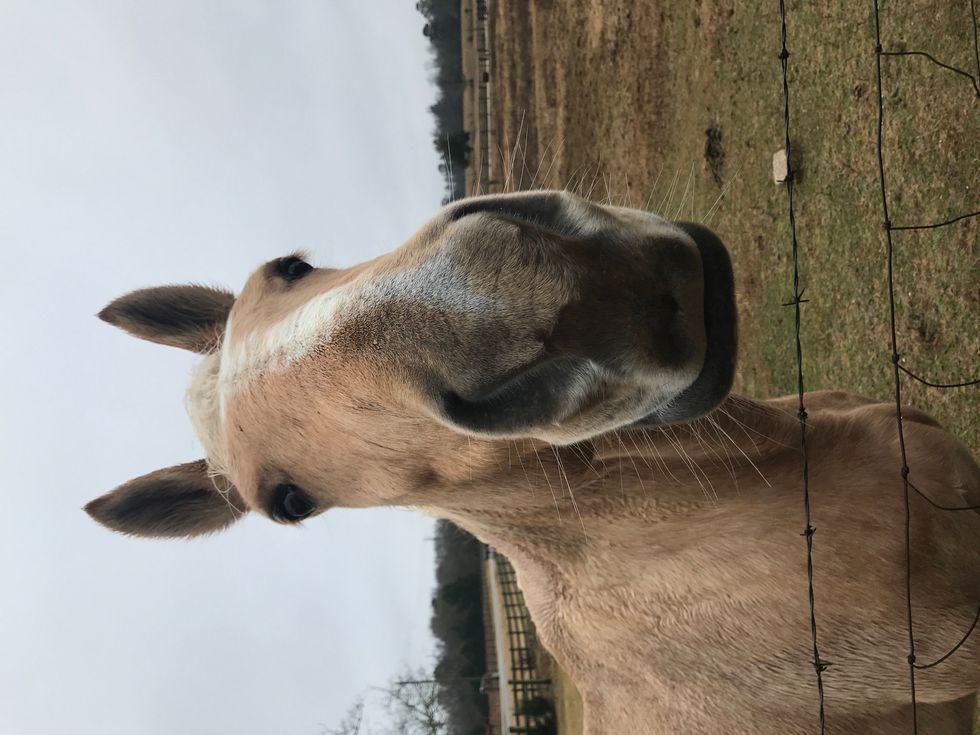
Molly Joiner
I once got slung off a horse so hard I had a concussion. But the thing about horses is, if you fall off, you must get back on or the horse will begin to try to remove its rider like it's a big game. So, with a headache and a scraped face, I got back on that horse and completed the task at hand. I got off on my own terms and then got checked out. I'm not saying you have to fight through literal concussions, but in life ,there are involuntary dismounts you've got to overcome. You have to sling your leg back over that beast and commit to tackling whatever issue life throws your way, no matter how difficult.
7. Everyone isn't going to love you.
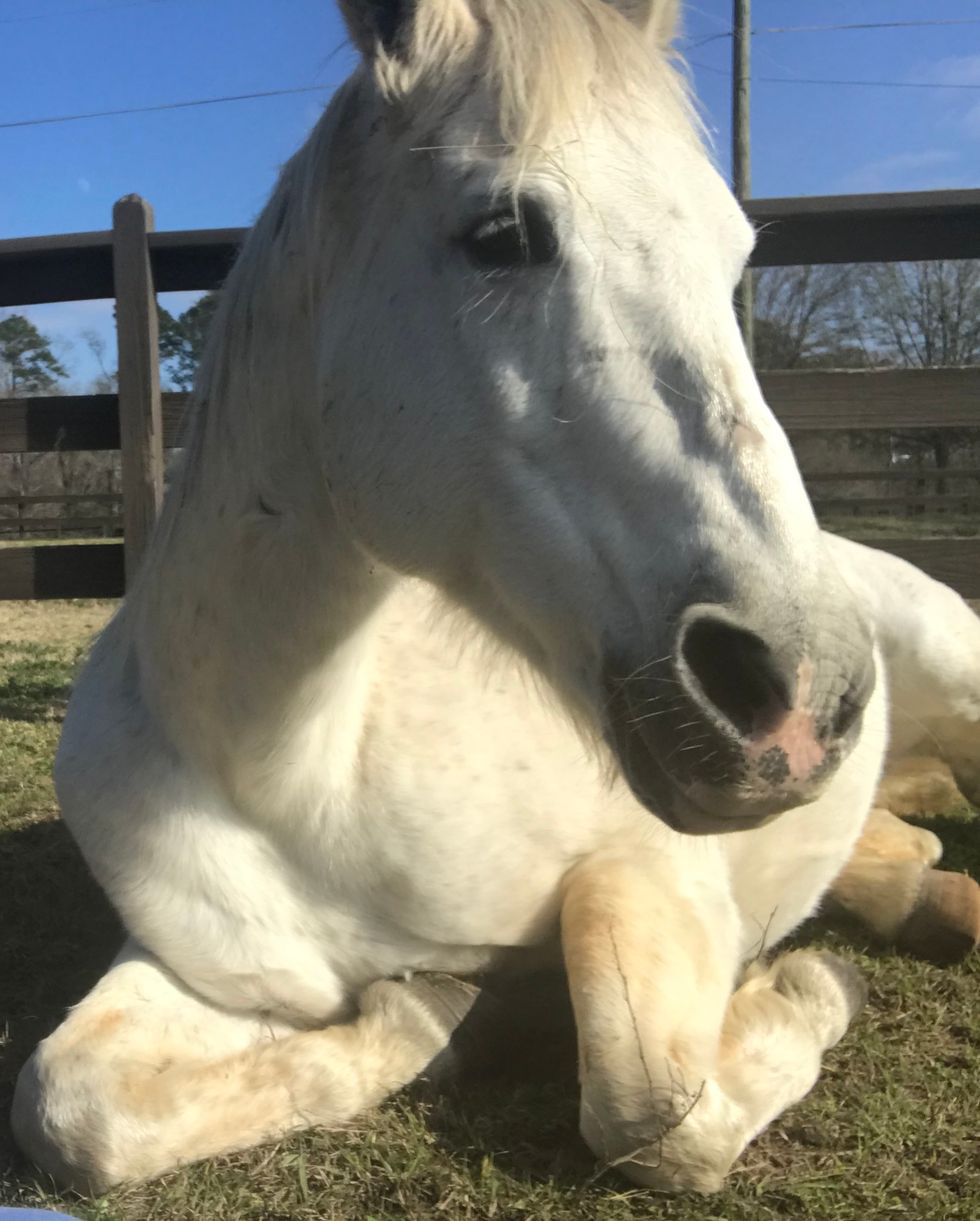
Molly Joiner
Some horses don't like you. Some riders judge your technique. You have to decide you are enough and accept yourself for what you are capable of accomplishing and work on being the best you can be.
8. It's important to appreciate those around you.

Molly Joiner
After every ride, I was always taught to thank my horse. I feel the same applies to any living creature. If someone does something for you, thank them, treat them with respect, and value their feelings as much as your own.
9. You can't ride papers.
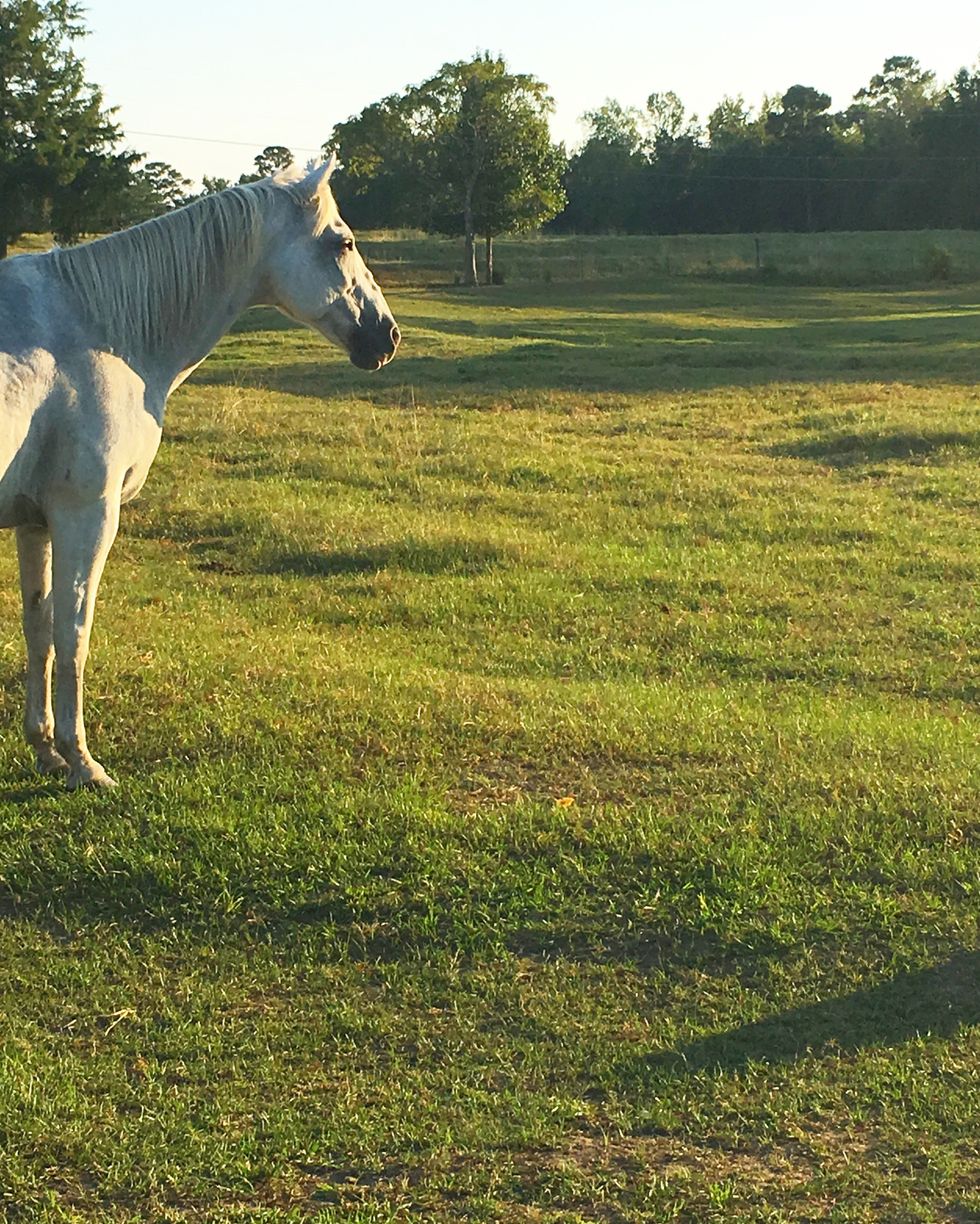
Molly Joiner
A big phrase in the horse world is "You can't ride papers". This basically means just because your horse is papered (registered) doesn't mean it's any better than any other horse with him right training simply because of its breeding. Sure, a horse may come from great bloodlines and be destined for greatness, but a mix-breed horse can still show up and run circles around that registered pure-bred. It's the same in life. If you commit to giving it your all, training, studying, and working harder than anyone else, you can compete with the best of them.
10. Life is better with horses.
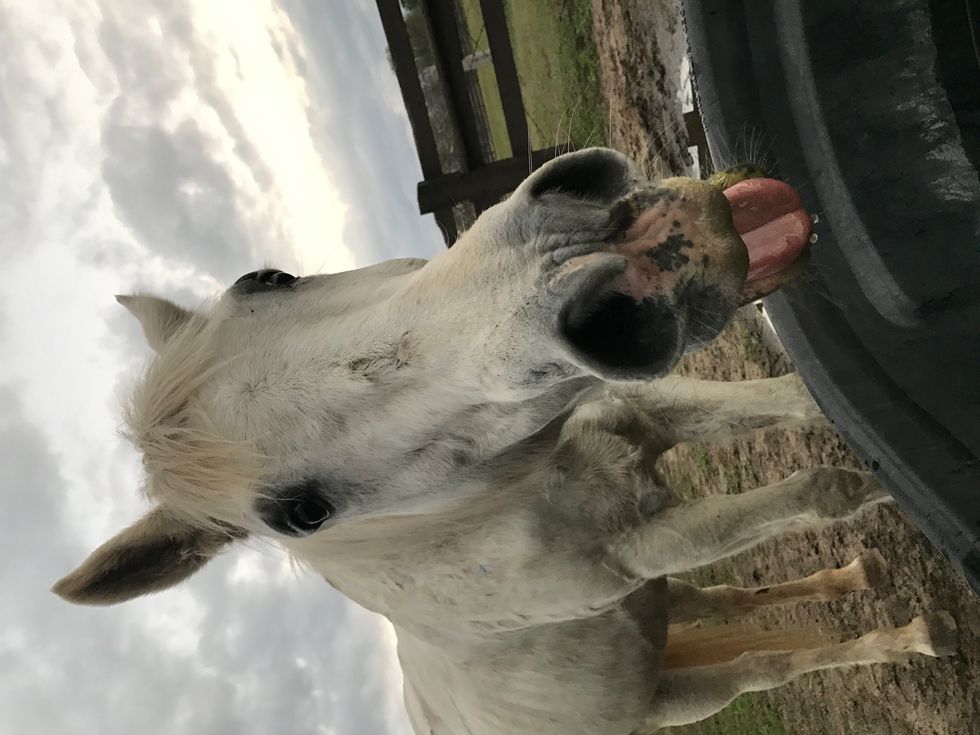
Molly Joiner
Life is better with horses because horses love you unconditionally, teach you things about yourself and so much more about life. They are a solid place to stand, and the most amazing confidants.

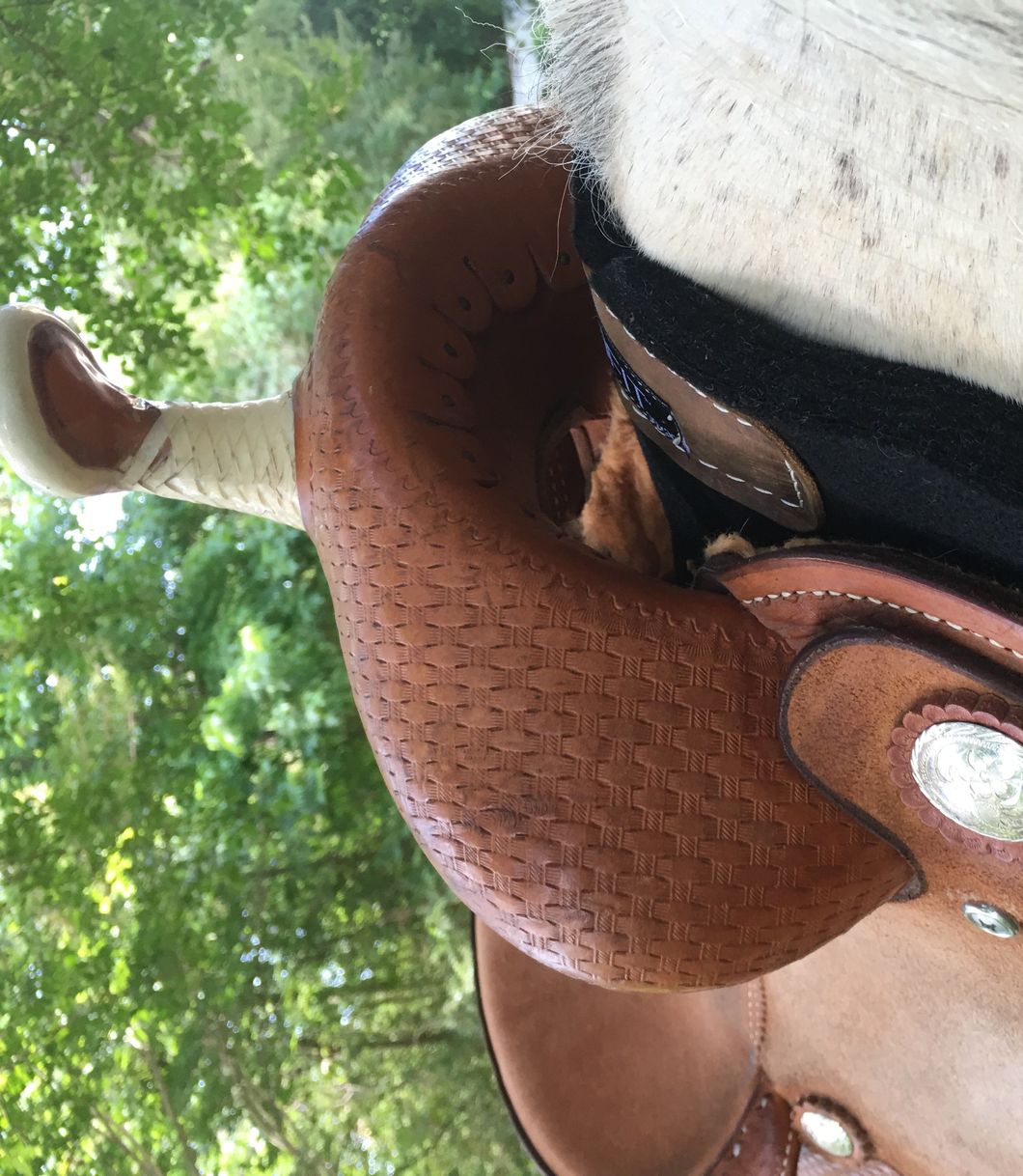




 The minimum wage is not a living wage.
StableDiffusion
The minimum wage is not a living wage.
StableDiffusion
 influential nations
StableDiffusion
influential nations
StableDiffusion












